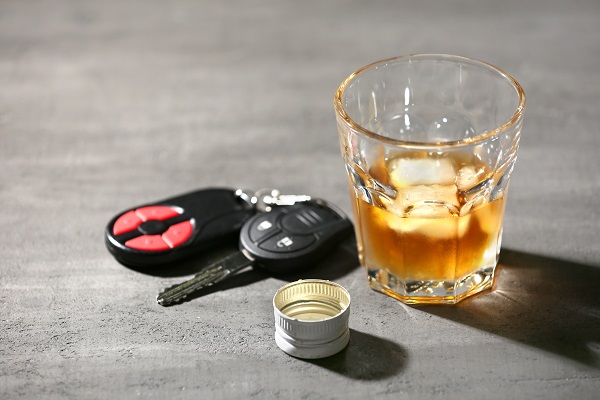If you are pulled over by a police officer who suspects that you are driving under the influence, you may be asked to perform a series of field sobriety tests. It’s imperative that you learn about these tests so you know exactly what to expect and how to handle yourself in this situation.
What are the different types of field sobriety tests?
There are three field sobriety tests that have been approved for use by the National Highway Traffic Safety Administration (NHTSA): the horizontal gaze nystagmus, walk-and-turn test, and one-leg stand.
Horizontal gaze nystagmus is a jerking motion of the eyes that can be caused by alcohol or drugs. To test for this, a police officer will hold a pen or flashlight in front of your face and ask you to follow it with your eyes while keeping your head still. The officer will be watching to see if you can smoothly track the object and if your eyes make jerking motions that indicate you have consumed alcohol or drugs.
The walk-and-turn test is designed to divide your attention between two tasks to see if you are able to concentrate on both of them. You will be asked to position your feet so one is directly in front of the other. Then, the officer will instruct you to walk nine steps forward, turn around, and walk nine steps back. The entire time that you are walking, you will also be asked to count your steps out loud.
Finally, there is the one-leg stand, which is another divided attention test. You will be asked to stand with your feet close together and your arms by your side. Then, the officer will ask you to raise one leg about six inches above the ground, keeping both legs as straight as possible. While balancing on one leg, the officer will ask you to slowly count to 30.
What is the purpose of these tests?
Field sobriety tests are used to help law enforcement officers determine if you are under the influence or not. The officer will observe as you perform each test to look for signs of impairment. For instance, not being able to balance on one leg may be used as evidence that you are intoxicated. However, these tests are not always accurate because they don’t account for other factors that could affect the results. For instance, someone may not be able to stand on one leg because she has bad coordination or is wearing uncomfortable shoes.
Do you have to perform the field sobriety tests?
You do not have to perform field sobriety tests. If a police officer asks you to step out of the vehicle to perform one of these tests, politely decline. There is no penalty for not taking these tests, and since the results are often unreliable, it’s in your best interests to say no.
If you have been charged with DUI, contact the attorneys at Reisch Law Firm right away. We will immediately begin to look for flaws in the evidence that is being used against you—including the results of your field sobriety tests. Schedule a free consultation today by calling 303-291-0555 or filling out this online form.


